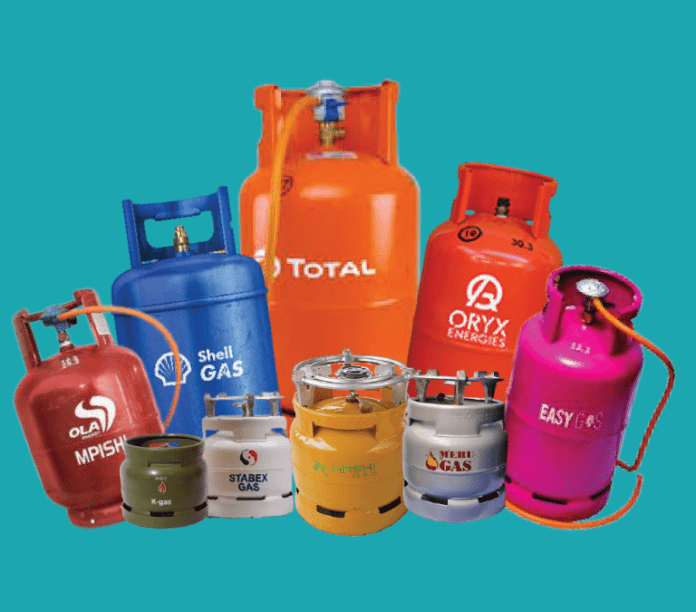The oil and gas companies have asked the Ministry of Energy and Mineral Development (MEMD) to intensify efforts to investigate and apprehend individuals and companies involved in the production and distribution of cooking gas that does not adhere to established regulations.
This call for action arises from concerns from disgruntled consumers, who pin the entities with defrauding Ugandans by not filling gas cylinders to the required standards and supplying substandard products.
The remarks were made on Sunday, December 15, 2024, by Olivier Gatera, the Country Manager of RUBiS Energy Uganda, who emphasized that many Ugandans are receiving improperly filled gas cylinders due to unqualified individuals who lack the necessary skills for safe filling practices. She said that this negligence not only compromises safety but also undermines consumer trust in the gas supply chain.
Read Also: How Uganda’s Oil and Gas Sector has Impacted the Economy
Gatera noted that several individuals pose as employees of top oil companies and sell expired or leaking gas to clients, which usually burns them, hence affecting the companies’ profits and sales.
’’We have many fraudsters in our gas business that are tarnishing our brands due to irregularities they do in their gas distribution and use our branded cylinders to sell off such gas to the consumers despite it being dangerous for consumption,’’ Gatera stressed.
Read Also: Gas Cylinder Explodes, Kills Two in Kampala
Olivia Nahwera, a Fuel Sales and Specialties Manager at RUBiS Energy Uganda, said that local communities have expressed their frustration over the practices of certain gas dealers who, in their quest for profit, neglect safety standards and regulations designed to protect consumers.
Nahwera added that these violations not only endanger lives but also undermine trust in the entire gas supply chain, hence affecting their businesses and leading to losses.
’’The lack of adherence to proper filling protocols has resulted in substandard products reaching consumers, which can lead to dangerous situations, including gas leaks, explosions, and fatalities,’’ she noted.
She further called upon MEMD and the government to not only impose fines but also potentially revoke licenses for companies that repeatedly violate safety standards as aid for the government to help restore public confidence in the gas supply industry and ensure that Ugandans receive safe and reliable cooking gas.
Addressing critical issues within Uganda’s cooking gas sector is essential for protecting consumers and enhancing safety standards. As a result, MEMD’s commitment to investigating and taking action against non-compliant individuals and companies will be crucial in safeguarding the health and well-being of all Ugandans who depend on cooking gas for their daily lives.















